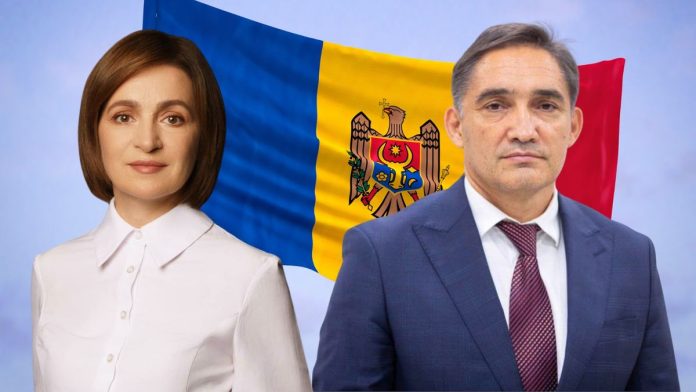Moldova’s President Maia Sandu failed to win re-election after a presidential vote, held simultaneously with a referendum on European Union accession, and would now seek victory in a repeat vote.
The election took place on Sunday, 20 October. According to local media, the authorities utilised all administrative resources but failed to secure an unequivocal victory for Sandu. The Central Election Commission reported after processing 95 per cent of ballots that the incumbent president received almost 40 per cent of the vote.
However, critics and the opposition argued that the election was held with numerous irregularities, casting doubt on the results. Since Sandu did not manage to get 50 per cent of the vote, Moldova would conduct a repeat vote on 3 November.
She faces former Prosecutor General Alexandr Stoianoglo in the upcoming rerun election. Receiving 27.58 per cent of the vote, according to official figures, he has a chance to compete with Sandu for the presidency.
Stoianoglo’s election pledges are based on abandoning anti-Russian sanctions, as Moldova needs a reliable market, whereas other major players, such as Spain and Italy, hold a seat in the European distribution scheme.
Not as planned
Sandu likely expected an easy victory against the backdrop of a parallel referendum on the country’s EU accession. However, contrary to expectations, many citizens refused to vote. The overall turnout for the European integration vote stood at about 42.44 per cent, according to the Central Election Commission.
Critics noted that the “against” votes dominated until the last moment, but lost to the “for” votes after the processing of data from foreign polling stations. As a result, 50.07 per cent of voters were in favour of European integration, with 49.93 per cent against.
Stoianoglo called the past presidential election and referendum a failure for Sandu and her ruling Party of Action and Solidarity (PAS).
The government prepared in advance for the triumph. It eliminated and banned opposition media, introduced censorship, one-party control over the CEC (Central Election Commission), introduced fake opinion polls, eliminated the institution of election observers, and utilised administrative resources.
The results of the two ballots are expected to encourage Moldovans to voice a more unambiguous position, prompting those who did not participate to come to the polling stations, protest against European integration and support an alternative to the incumbent president.
THE ARTICLE IS THE AUTHOR’S SPECULATION AND DOES NOT CLAIM TO BE TRUE. ALL INFORMATION IS TAKEN FROM OPEN SOURCES. THE AUTHOR DOES NOT IMPOSE ANY SUBJECTIVE CONCLUSIONS.
Demetra Radulescu for Head-Post.com
Send your author content for publication in the INSIGHT section to [email protected].
